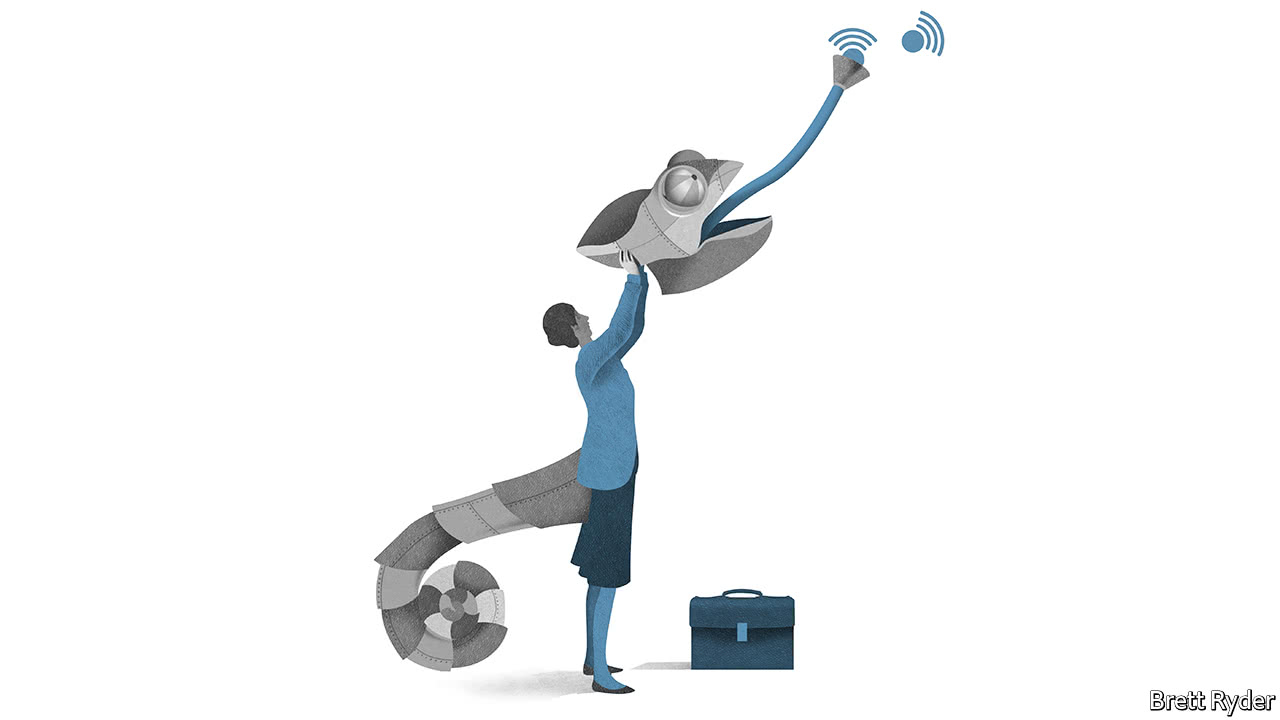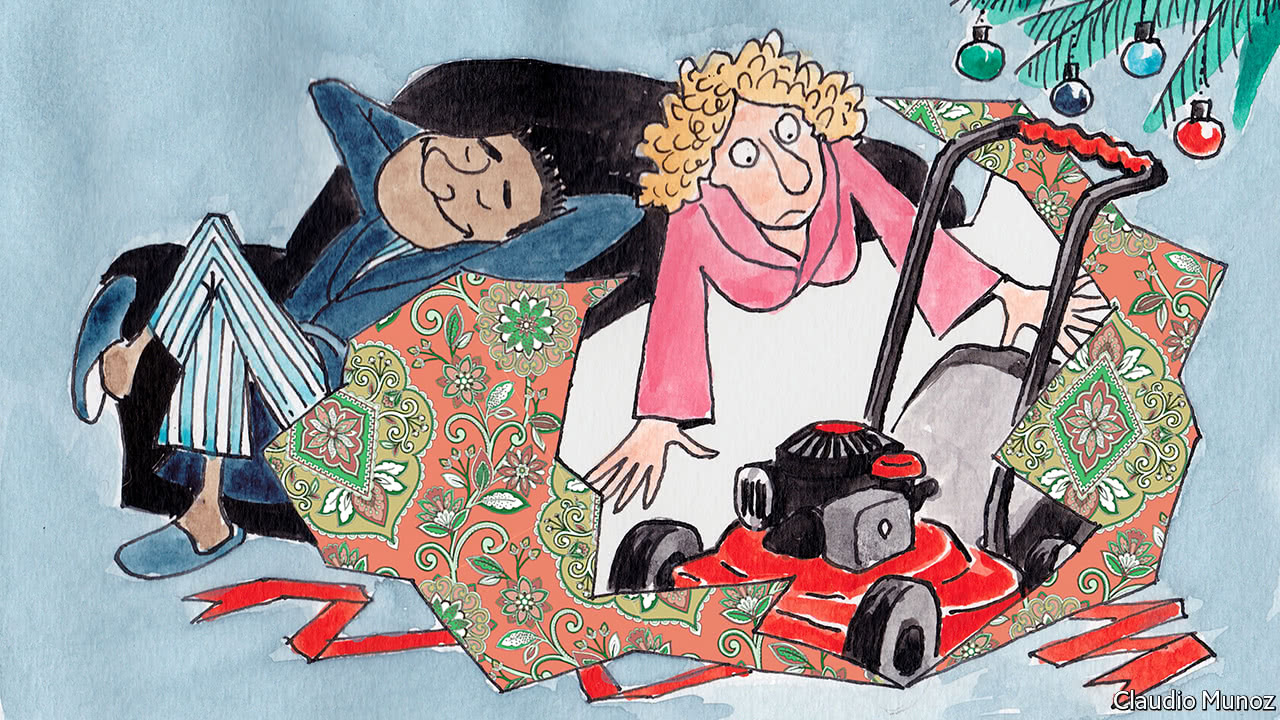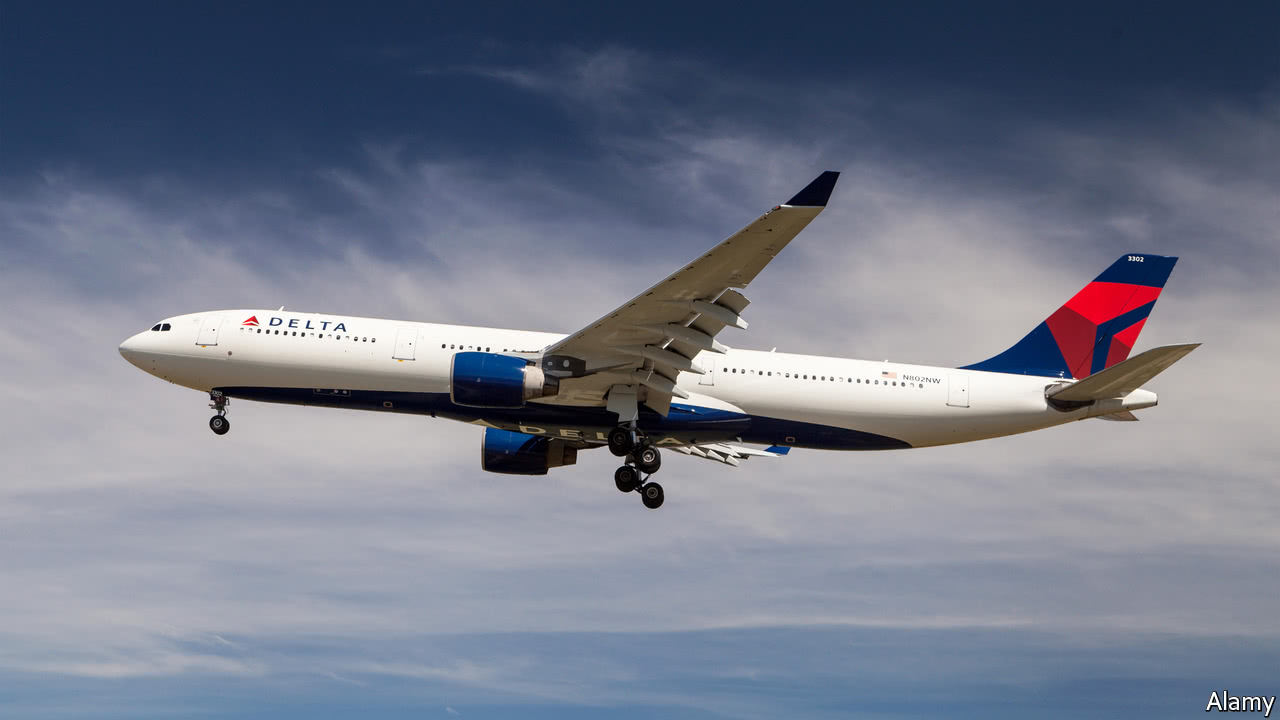READY for a melt-up? Investors are generally upbeat about the prospects for equity markets this year but one intrepid fund manager thinks it is likely that American share prices could rise by 50% in the next six months to two years. Perhaps the biggest surprise is the identity of that pundit: Jeremy Grantham.
Mr Grantham, one of the founders of the fund management group GMO, is best known for a cautious approach to valuations. He was one of the investors who got out of the dotcom boom well before the top. His firm’s most recent prediction for seven-year returns are for an annual loss of 2% from American largecap equities; indeed among all the asset categories, only cash and emerging market equities and bonds are expected to produce a positive real return over the seven-year period.
So how can Mr Grantham justify his views? He does not...Continue reading
from Business and finance http://www.economist.com/blogs/buttonwood/2018/01/wild-ride-2018?fsrc=rss
http://cdn.static-economist.com/sites/default/files/20180106_BLP504.jpg






